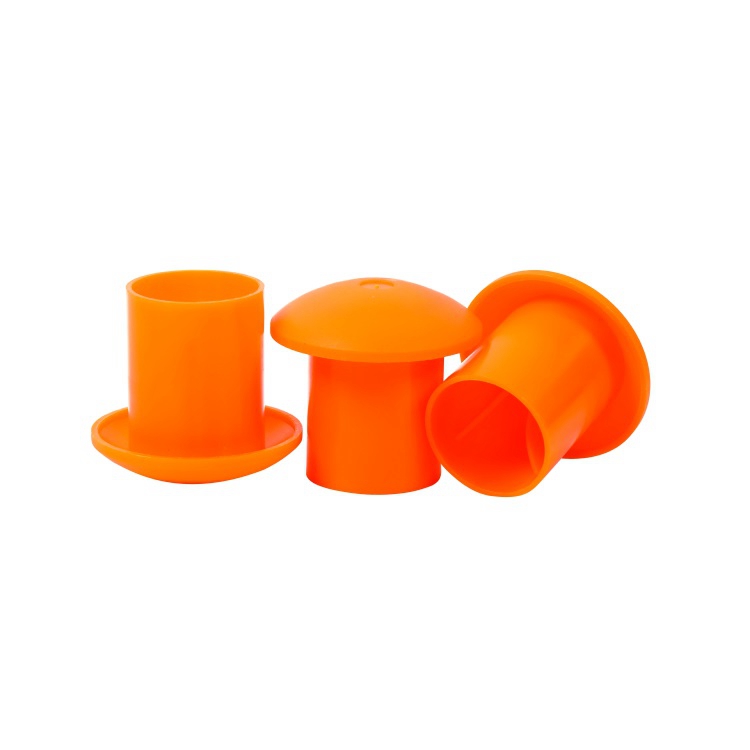Comprehensive Guide to Anchor Bolt Specifications and Manufacturing Processes in Various Industries
Understanding Anchor Bolt Specifications A Guide to Factories and Their Importance
Anchor bolts are a critical component in construction and engineering projects, providing essential support for structural integrity. These fasteners are designed to attach objects or structures to concrete, ensuring stability and safety in various applications, from buildings and bridges to machinery and equipment. Understanding anchor bolt specifications is vital for manufacturers and contractors alike, and this article delves into the importance of these specifications and how factories ensure quality in production.
What Are Anchor Bolts?
Anchor bolts are heavy-duty fasteners embedded in concrete or masonry to secure structures. They come in various shapes, sizes, and materials, depending on the project's specific requirements. Common types include L-shaped, J-shaped, and straight bolts, each serving different anchoring needs.
Importance of Specifications
Specifications for anchor bolts dictate the design, material, and performance standards required to ensure they can withstand the forces applied to them. These specifications are crucial because they
1. Ensure Safety Properly specified anchor bolts help prevent structural failures that can lead to catastrophic accidents. They must be able to handle dynamic loads, shear forces, and environmental conditions.
2. Facilitate Compliance Adhering to specified standards helps factories comply with building codes and regulations, ensuring that all construction projects meet legal and safety requirements.
3. Optimize Performance Specifications guide factories in producing anchor bolts that perform optimally under various conditions, ensuring longevity and reliability.
Key Specifications
Factories producing anchor bolts must consider several key specifications
- Material Common materials include stainless steel, carbon steel, and epoxy-coated steel, each chosen for its strength, durability, and corrosion resistance. The choice of material affects the bolt's performance in different environments.
anchor bolts specifications factories

- Dimensions Standard sizing is critical. Manufacturers often follow guidelines established by organizations like the American National Standards Institute (ANSI) and the International Organization for Standardization (ISO). The diameter, length, and weight of the bolt must be tailored to the specific loads they will bear.
- Coating and Finish The type of coating (such as galvanized or zinc plated) impacts the bolt's resistance to corrosion and wear. Specifications often outline the required finish based on the environmental conditions the bolts will face.
- Strength Ratings Anchor bolts are classified based on their yield strength and tensile strength, which must meet the requirements of the application. Factories must ensure that their products are tested and rated according to industry standards.
Quality Assurance in Factories
To ensure that anchor bolts meet specifications, factories implement rigorous quality control processes. These typically involve
- Material Testing Factories conduct tests on raw materials to confirm they meet the required standards for strength and durability.
- Dimensional Checks Frequent measurements during production ensure that dimensions adhere to specified tolerances.
- Performance Testing Finished bolts are subjected to stress tests to ascertain their ability to withstand applied loads.
- Certification Many factories seek certification from relevant organizations to validate that their products meet established standards, which enhances their credibility in the market.
Conclusion
Anchor bolt specifications play a fundamental role in the construction and manufacturing industries. By adhering to these specifications, factories can produce reliable and safe products that meet the diverse needs of their clients. As structures become increasingly complex, the need for high-quality anchor bolts will continue to grow, emphasizing the importance of robust manufacturing practices and stringent adherence to specifications. Understanding these elements is essential for anyone involved in construction, engineering, or manufacturing, ensuring that projects are completed safely and successfully.
-
The Durability and Versatility of Steel Wire
NewsJun.26,2025
-
The Best Iron Nails for Your Construction Projects
NewsJun.26,2025
-
Strengthen Your Projects with Durable Metal Stakes
NewsJun.26,2025
-
Get the Job Done Right with Duplex Nails
NewsJun.26,2025
-
Explore the Versatility and Strength of Metal Mesh
NewsJun.26,2025
-
Enhance Your Security with Razor Wire
NewsJun.26,2025














